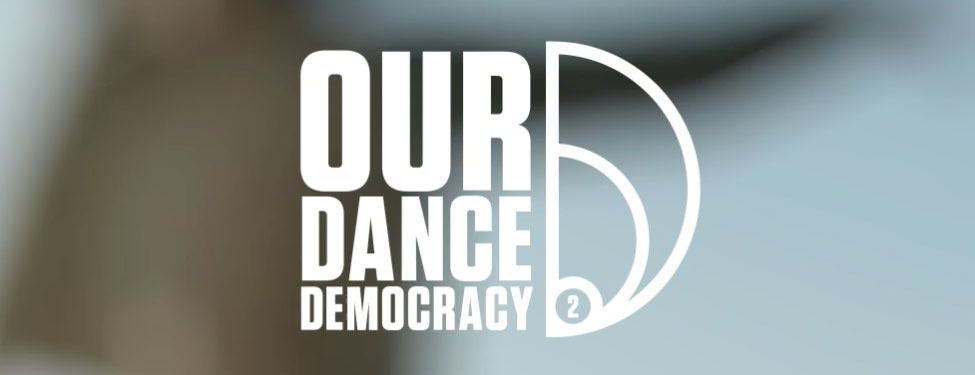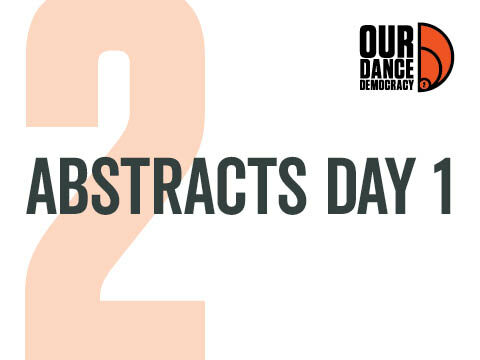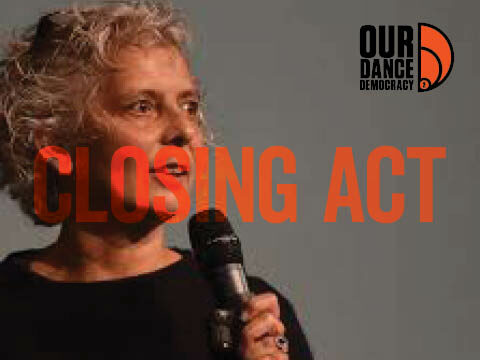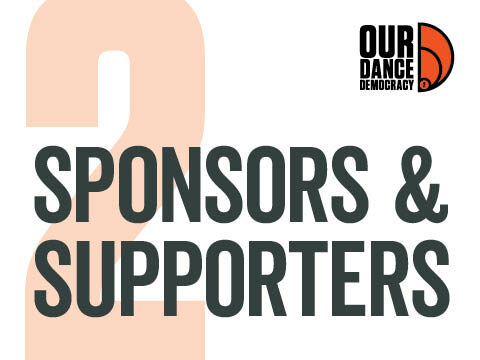Our Dance Democracy 2

With the impact of Covid-19 and the cultural sector facing unique challenges of our time it is with regret, yet tethered with a sense of curiosity and excitement that Dr. Sarah Black- Frizell and myself have made the decision to postpone our conference, Our Dance Democracy 2 (ODD2, November 2020 0and produce an online event for February 2021.
Save the date: 11th and 12th February 2021
Building on the success of Our Dance Democracy (ODD) in 2018, this conference will further the debate, extending the dialogue of how artists and academics interrogate the function of dance in the 21st Century.
ODD 2 will consider the notion of our world as an ever-challenging and changing global society, in which social media facilitates the circulation of opinions and prejudices rooted in intuitive, and frequently unexamined narratives of contemporary societies. These are increasingly taken up, legitimised, and recycled as common-sense master-narratives across the discursive circuits of established media and political debate. A real expansion of inclusive public space is one outcome of this and introspection another. These tendencies expose boundaries in human relations, always constituted – contradictorily – as zones of exclusion which are always also points of contact. The UK as a bounded and bordered territory, demonstrates that perceptions of (in)visibility, identity and belonging have real-world significance, and the importance of interrogating assumptions underpinning them cannot be over-stated.
Artists and cultural workers perform a critical public role in exposing inherited and novel ideas and practices to examination and re-examination. ODD 2 sets out to explore the proposition that, because dance lives by contact across boundaries, borders, and frontiers, it has proven capacity to enable critical understanding of the human and historical contingency of even the ‘hardest’ borders, erected in the name of immutable, non-negotiable, traditions, beliefs, and value systems. Dance as a ritualistic act can perform difference as historical defiance, our art form is also practised in creative ways that can name – and, therefore, resist – complex contemporary forms of oppression, not least by promoting and supporting social and political activism. Dance and dancers can model, rehearse, and embody ways of living together for mutual flourishing, thus reinvigorating democratic concepts, practices, and structures for a fractured twenty-first century.

About ODD 2

ODD 2 Speakers

Abstracts Day 1

Abstracts Day 2


